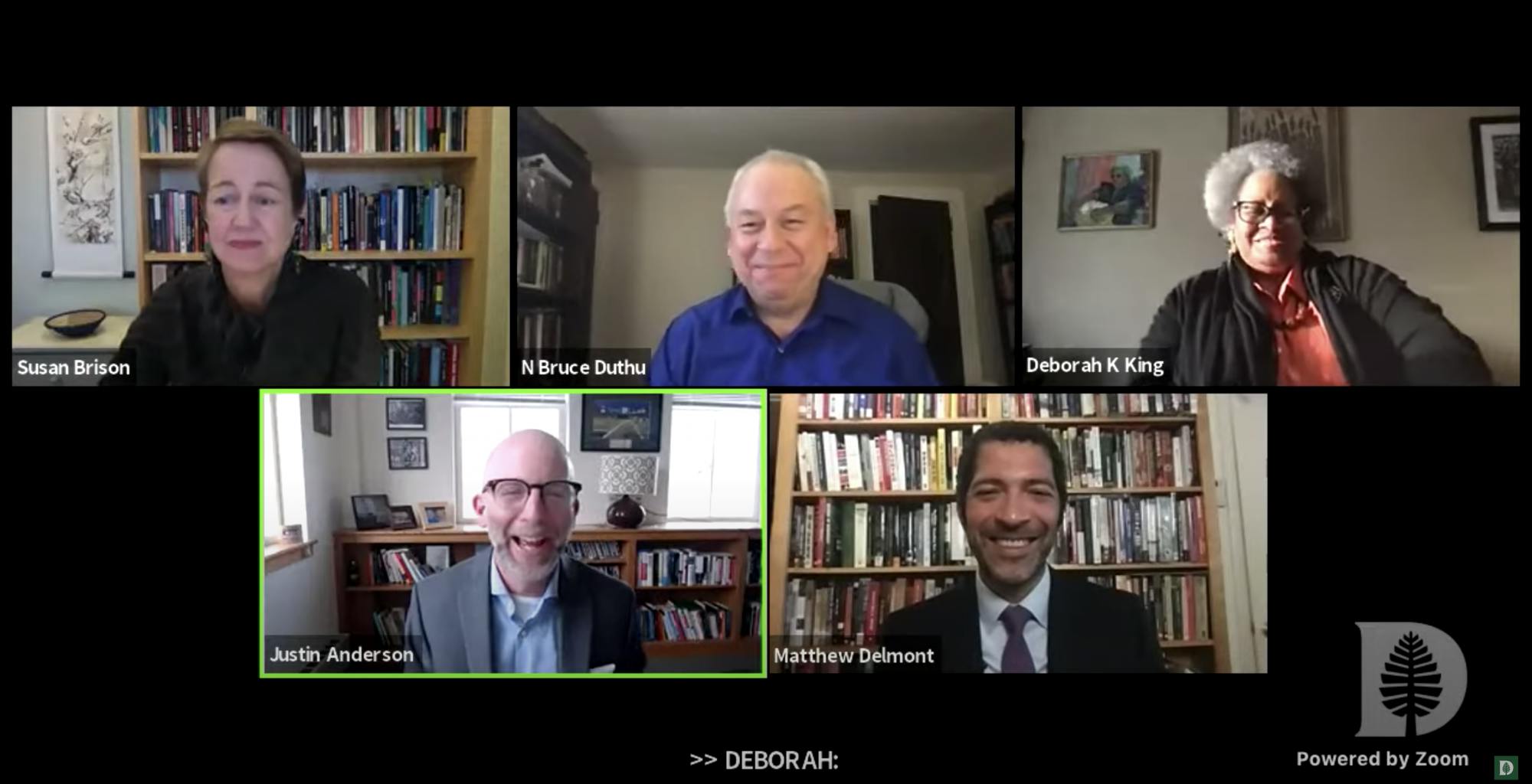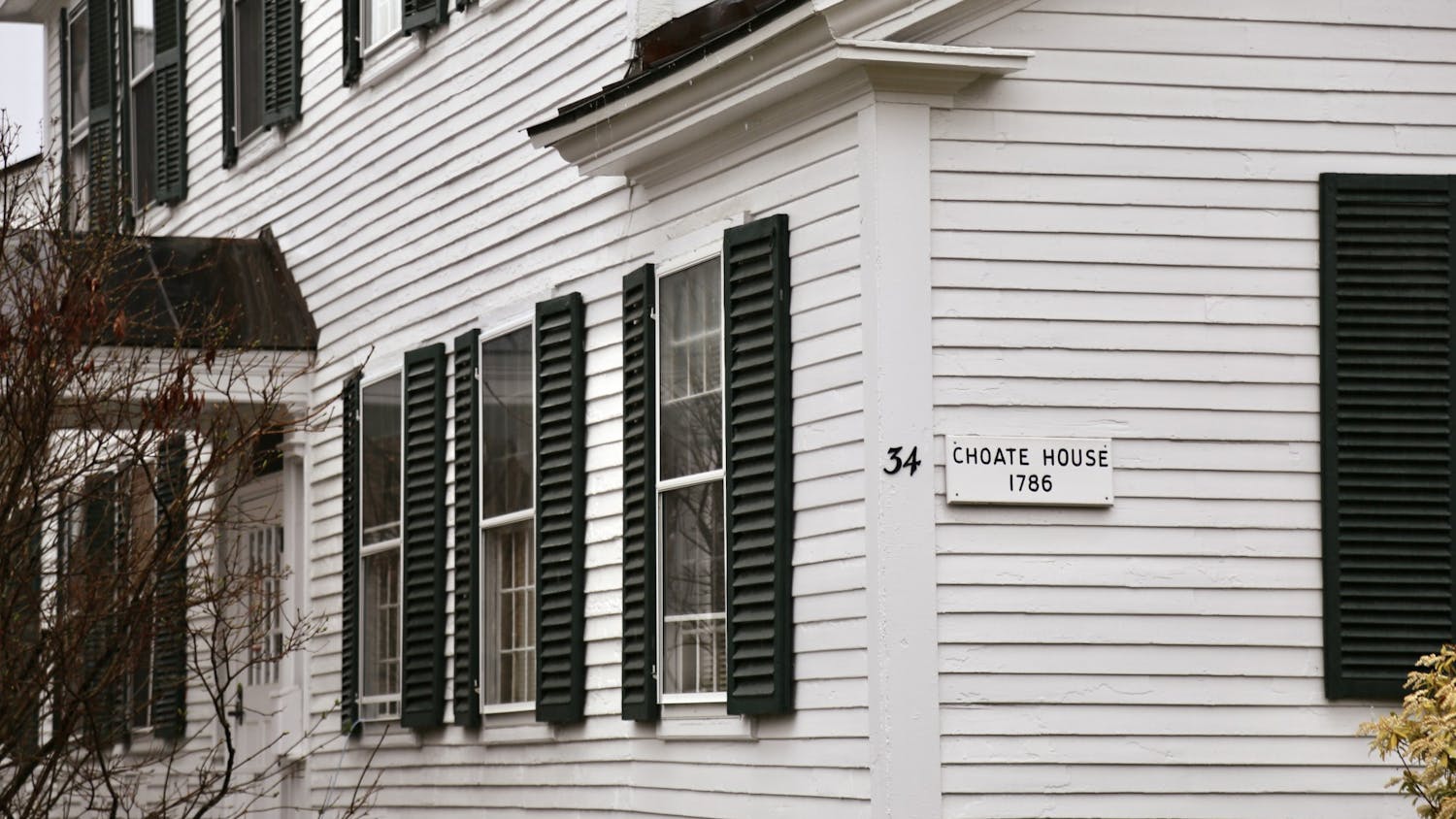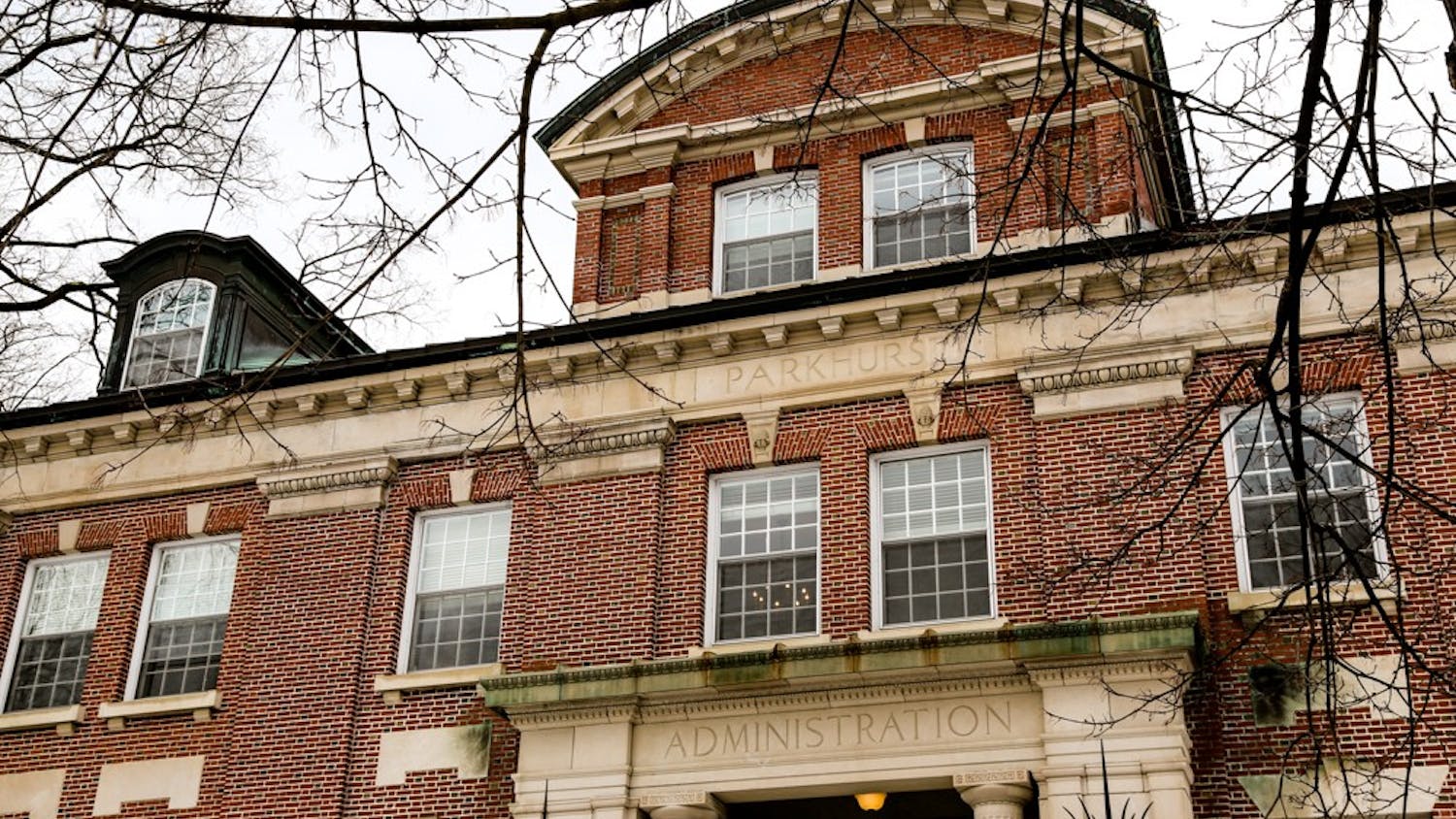Following the conviction on Tuesday of former Minneapolis police officer Derek Chauvin in the murder of George Floyd last summer, over 300 people tuned in to the livestreamed faculty-led panel “The Chauvin Verdict: A Community Discussion on Race, Crime & Justice.” The event, moderated by Native American studies program chair Bruce Duthu ’80, featured philosophy professor Susan Brison, history professor and special advisor to College president Phil Hanlon on faculty equity, diversity and inclusion Matthew Delmont and associate sociology professor Deborah King.
When asked by Duthu to share their reactions to the verdict, all three panelists agreed that they were surprised but relieved. King said she didn’t see the verdict as a “historical moment” because the trial was about accountability for the murder of Floyd rather than justice and remedying systemic racism.
“My experience [hearing the verdict] was of relief but not jubilation; of acknowledgement but not celebration,” King said.
“I was surprised that [the jury convicted Chauvin],” Delmont said. “We’ve seen so many cases, from Rodney King to the present, where video evidence would seem to guarantee that police would be found guilty, but in too many cases, there hasn’t been accountability.”
On the topic of accountability, Brison said he believed the verdict will not bring significant changes to law enforcement, noting that the prosecution rested its argument on Chauvin’s usage of excessive force instead of on systemic racism in law enforcement.
Delmont noted the importance in the trial of video evidence, captured by witness Darnella Frazier, that showed Chauvin kneeling on Floyd’s neck for nearly 10 minutes.
“Without Frazier’s video, it’s difficult to imagine that George Floyd’s murder would’ve sparked protests across the country and around the globe,” Delmont said. “The video was also a key piece of evidence in the trial, and certainly played a role in the jury’s guilty verdict.”
Furthermore, the panelists discussed the aftermath of the trial and potential implications on the U.S. justice system. Brison said that the trial should be seen as an attempt to “broaden the frame” of peoples’ discussions of the justice system.
According to Brison, the prosecution only sought to answer the question of whether excessive force was used, and as such was too narrow in scope. It failed to “bear witness,” she said, to the topics of white supremacy, racist violence, slave patrols and the legacy of slavery, something she added was “not possible” in a criminal trial.
Towards the end of the event, an audience member asked how to reconcile Chauvin’s trial with discourses around prison abolition. King said that while she believed the concept of abolition is “useful” for imagining alternatives to the current justice system, she does also believe that “some forms of confinement” and “someone who has some of the functions of police” should remain even in a redesigned justice system. .
In another question posed to the panelists, Duthu asked what students should take away from the trial and verdict. King said students should “always challenge” how the problem of police brutality is being defined, as too static of a definition can limit the solutions that are considered. She noted that the trial was framed around how police brutality affects Black male lives, which limits discussion on other “agencies of force” such as U.S. Immigration and Customs Enforcement.
Brison added that students should confront the origins of the disciplines that they’re studying — disciplines that she said “were founded under white supremacy.”.
“If we want the academy to be truly inclusive and diverse, we need to look at the origins of our own disciplines, the sociology of our disciplines, who got to speak, whose voices were listened to and valued,” she said.
Referencing an initial press release by the Minneapolis police department that mischaracterized the murder of George Floyd as a “medical incident,” Delmont emphasized the importance of considering evidence from a diverse set of sources in instances of police violence.
“The police are not inclined to tell the truth or what actually happened, and that makes it really difficult to understand the scope and magnitude of these issues, both in the present and historically,” Delmont said. “You have to find different sources, like Black newspapers, and other sources that are willing to tell the truth of what's actually going on, because the official record is often perpetuating lies and untruths about events taking place.”
Gabe Canfield ’21 said that although she had followed the trial, she thought that the event was “really informative” and covered information about police violence that “you wouldn't necessarily learn from social media, or [the] news.”
Furthermore, Canfield said that it was “absolutely important” for Dartmouth to hold the event, and appreciated the event over Dean Lively’s “constructed” email sent following the verdict on Thursday.
“A panel like this, inviting people to talk about [the Chauvin trial] and making and creating a space where students can be involved with it is definitely more important and more helpful than any form of solidarity email can really have,” Canfield said.
In an interview prior to the event, Delmont said that the College organized the event before the verdict was announced. According to Delmont, the event was planned as a space to discuss the verdict, regardless of whether Chauvin was found guilty or not.
Delmont said that while the event was meant to spur a discussion around the verdict among faculty members, the College has held additional events to help students “take space” and reflect, including mindfulness drop-in and meditation stations at Collis Center.
“This is by no means meant to be the only venue where this topic will be discussed,” Delmont said. “But it’s an effort to, at the institution-wide level, take this really important moment in the news and try to provide some structured conversation and sharing of knowledge around it.”
Daniel Modesto ’24 is the News executive editor. He is from Brooklyn, New York, and is a Native American and Indigenous Studies major modified with Latin American, Latino and Caribbean Studies.




